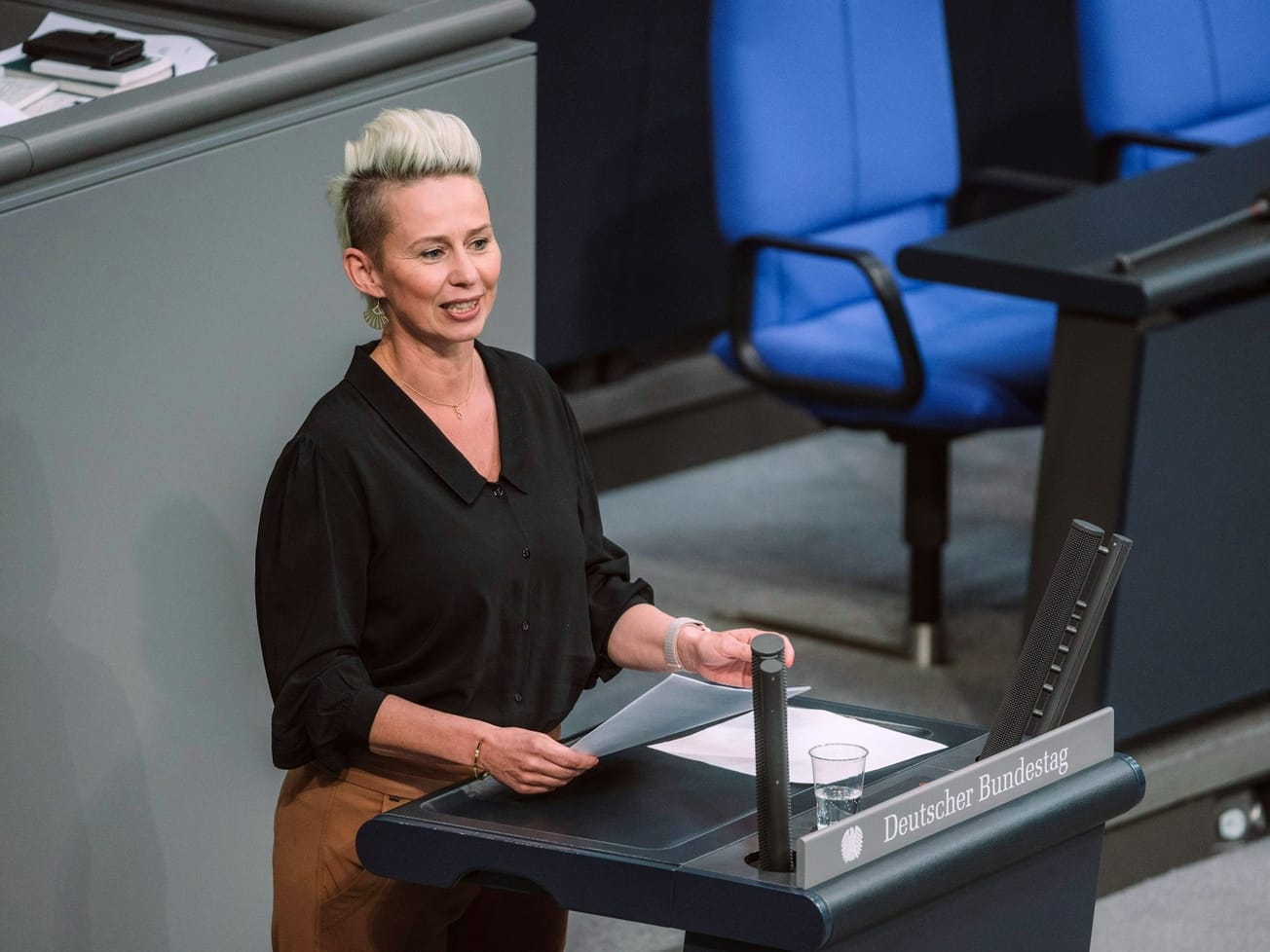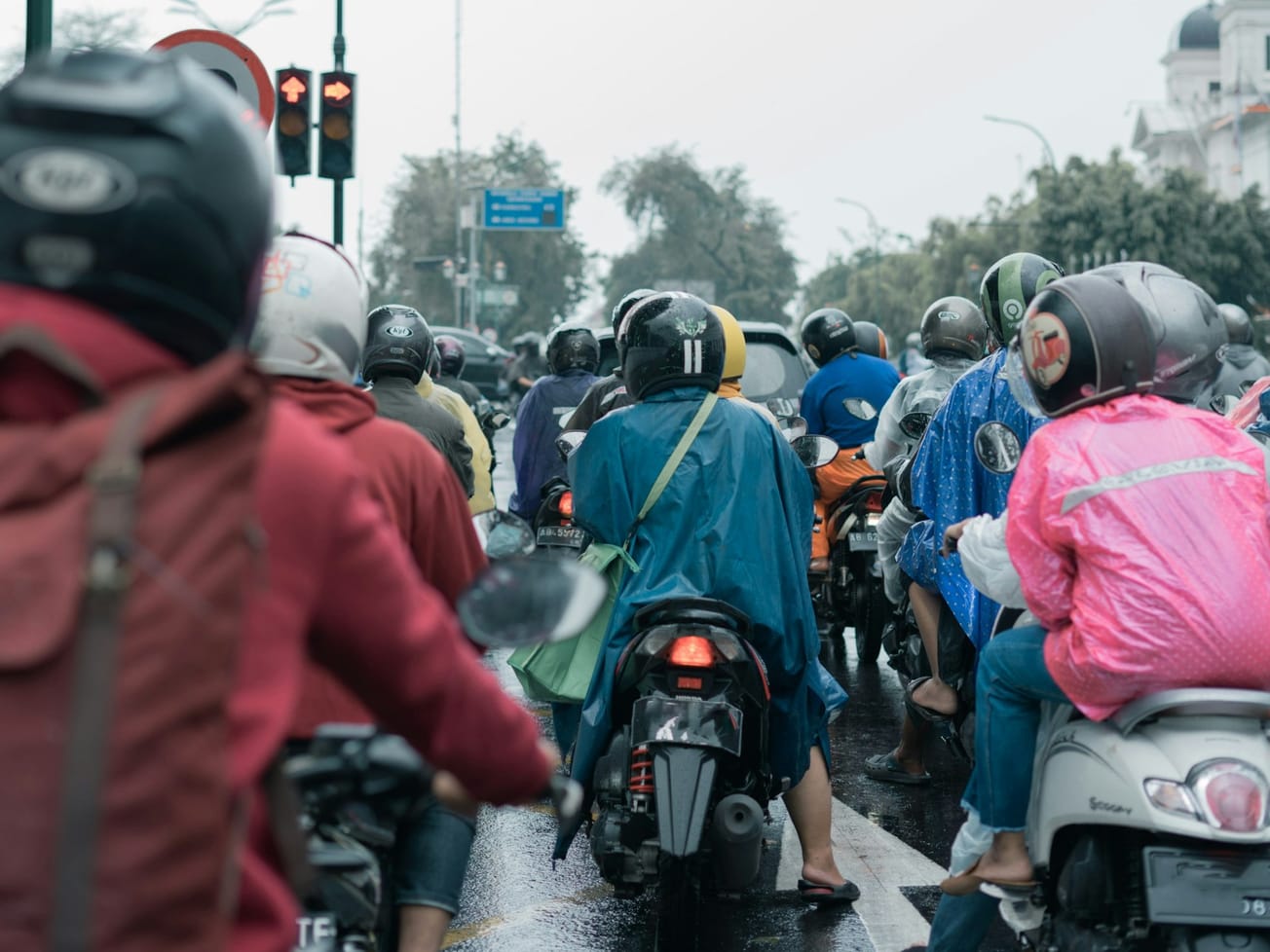LAUSANNE, Switzerland (AN) — The Court of Arbitration for Sport upheld the governing body of track and field's controversial rules for women who naturally produce high levels of testosterone — despite calling them discriminatory.
In a landmark ruling on Wednesday, a panel of judges with the world's top sports court decided two-time Olympic champion middle-distance runner Caster Semenya must use medications that suppress her testosterone output to continue competing.









